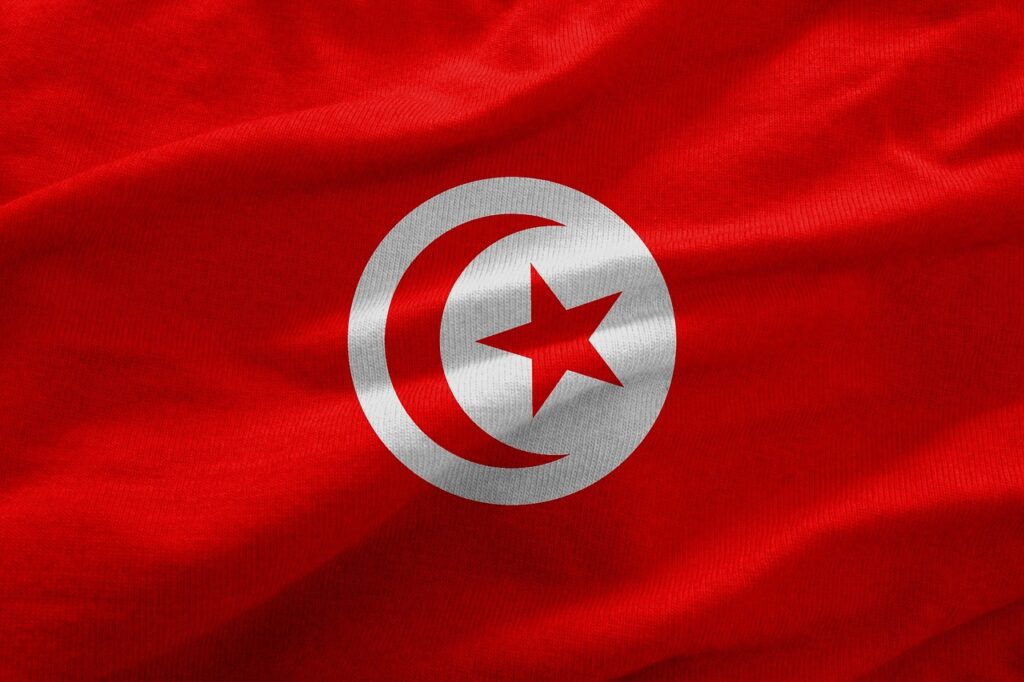
The government maintained overall efforts to prevent trafficking. The government continued implementing the 2018-2023 national anti-trafficking strategy and began drafting a new national strategy. The MOJ continued to lead the National Authority, which included representatives from 13 ministries and experts from civil society; although the National Authority is an independent government body, it did not have a separate budget from the MOJ and lacked the resources to fully implement its mandate. Decree law number 2019-653, issued in 2019, established SOPs and guidelines for the National Authority and four specialized commissions to focus on monitoring and evaluation, research, training and development, and tracking the causes of trafficking. The National Authority continued to consult a network of trafficking survivors established in 2019 that served as a council to share experience, advise, and present recommendations to the committee to help improve its work; the government reported full implementation of the network was delayed by the pandemic. The National Authority completed its annual report that detailed its activities in 2021 and its recommendations on how to improve the government’s fight against human trafficking and published the report in September 2022. In addition, the government partnered with several international organizations and academic institutions to research trafficking trends in Tunisia, including the intersection of trafficking and irregular migration; the government published the results of these studies in November 2022. The government continued to conduct numerous anti-trafficking public awareness and information campaigns, at times in partnership with civil society organizations. In addition, the National Authority conducted outreach campaigns in coordination with an international organization to migrants and provided informational cards on their rights with contact information for institutions and services supporting trafficking victims. However, after President Saied’s February 2023 remarks accusing migrants from sub-Saharan Africa of being part of a plot to change the demographics of the country, sub-Saharan migrants experienced increased incidents of violence, evictions, and barriers to employment that further increased distrust of authorities and vulnerability to trafficking. The government continued to operate a hotline to report potential trafficking crimes, which was operational five days a week during regular business hours and whose operators spoke Arabic, French, and English. The hotline received 1,414 calls in 2022, but the government did not report identifying any potential trafficking victims through the hotline.
The Agency for Placement Abroad in Private Establishments (EPPA) continued to regulate private labor recruiters and had 31 EPPA officers in Tunisian embassies abroad to oversee labor migration. Article 4 of Law 2010-2948 on the EPPA prohibited worker-paid recruitment fees. The Ministry of Vocational Training and Employment (MFPE) coordinated with the Ministry of Foreign Affairs, Immigration, and Tunisians Abroad and created labor attaché positions at the Tunisian embassies in Qatar, France, and Saudi Arabia. The MFPE also maintained three resource centers for Tunisian labor migrants to offer support and services before, during, and after traveling abroad for work. In addition, the Directorate General for Immigration continued to coordinate with the Minister of Vocational Training and Employment to combat illegal job recruitment agencies. The National Agency for Employment and Independent Work (ANETI) maintained a network of 120 approved private recruiting agencies, 1,000 job advisors, and an online platform to improve employment searches in Tunisia and prevent exploitative work contracts. The ANETI raised awareness about its work during the reporting period and advised job seekers to avoid communicating with unauthorized recruitment agencies as they may use exploitative contracts. The government also used a Qatar-Tunisia visa center to organize the process of recruiting Tunisians to work in Qatar and oversee employment contracts. In July 2021, Law No. 37 of 2021 was published in the official gazette to regulate domestic work. The law defines the terms of employment for domestic workers and the rights and obligations of the employer and wage earner, as well as monitoring and inspection mechanisms; the government did not report on the status of implementation of the law at the end of the reporting period. Nevertheless, civil society organizations reported concerns the government did not provide sufficient initiatives to address the internal child domestic servitude problem. The government did not report efforts to reduce the demand for commercial sex acts or child sex tourism.
from 2023 Trafficking in Persons Report – U.S. Department of State
2023 Trafficking in Persons Report – United States Department of State

